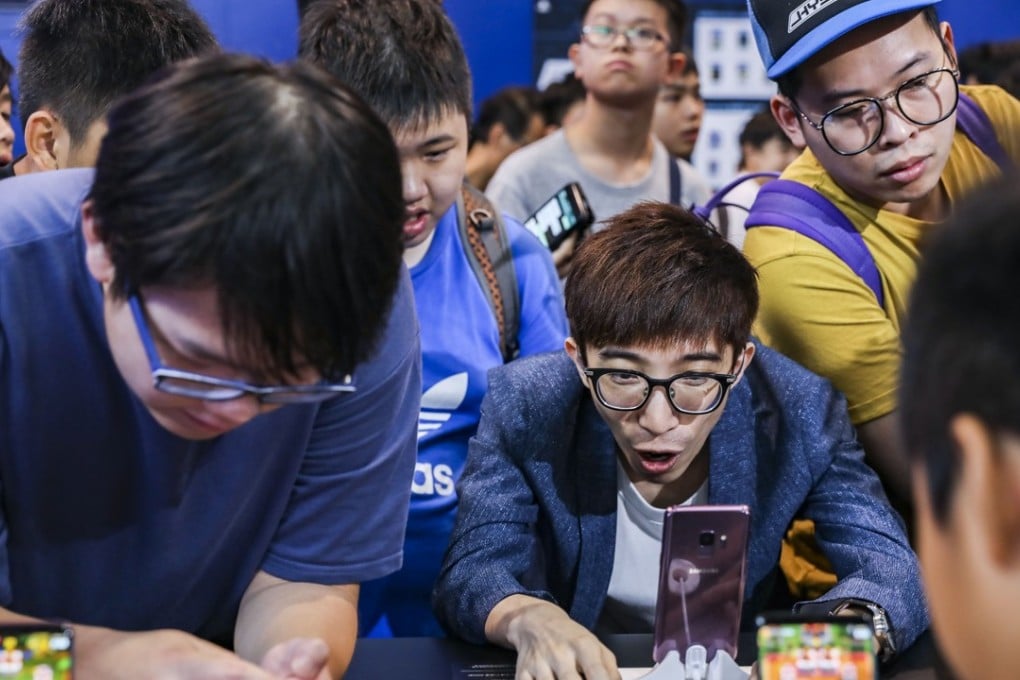Chinese mobile games player CMGE seeks Hong Kong listing after quitting Nasdaq
CMGE hopes to raise about US$500 million, but cautions investors it expects most of its revenue to continue coming from licensed games and games based on its licensed intellectual properties

China mobile-gaming giant CMGE Technology Group has filed to go public on Hong Kong’s stock exchange, aiming to raise about US$500 million.
CMGE – which delisted from the Nasdaq in the US in 2015 – is the largest mainland Chinese publisher of mobile games, based on intellectual properties ownership in the three years to June 30 this year, according to consultancy Analysys.
Through the acquisition of a 51 per cent stake in Beijing Softstar this year, the Shenzhen-based company gained ownership of popular games including Legend of Sword and Fairy, Xuan Yuan Sword and Monopoly.
Formerly known as China Mobile Games and Entertainment Group Ltd, it has launched 61 mobile games in the 42 months to June 30 of this year, in which 10 remained “active”, with 50 more planned to be launched by the end of next year, according to the prospectus posted on the exchange’s website on Tuesday. The company aims to raise about US$400 million to US$500 million through the initial public offering, according to a source familiar with the matter.
But the gaming company cautioned investors that it had only published games developed by third parties in the 42 months to June 30 this year through licensing agreements whose terms generally last three to five years, renewable for one or two years subject to owners’ approval.